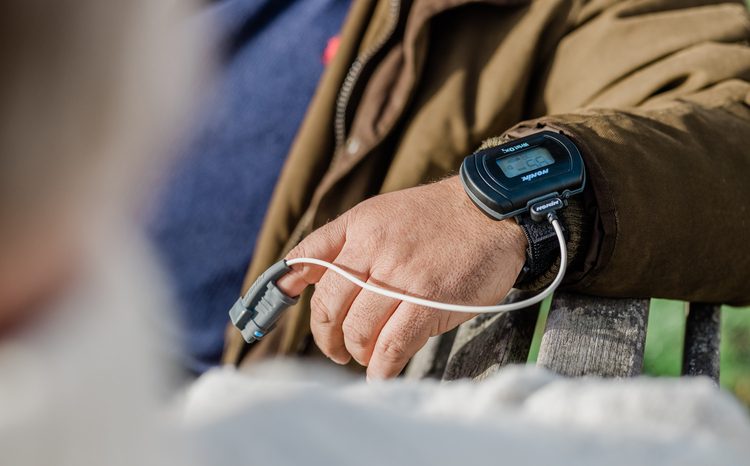Virtual wards expansion will see thousands more children treated at home
- 10 July 2023

On the 75th anniversary of the NHS last week, NHS England chief executive Amanda Pritchard announced that tens of thousands of children will benefit from the expansion of virtual wards, seeing them receive hospital-level care from their own homes.
The hospital at home service for children has already been trialled in a number of areas.
Young patients at Blackpool Teaching Hospitals NHS Foundation Trust, University Hospitals Dorset NHS Foundation Trust and The Dudley Group NHS Foundation Trust were all involved in the virtual wards for children pilots. Over the past year, 6,400 children were successfully treated via the service.
From this month, the service will be expanded to include every region of the country.
Pritchard said: “Virtual wards are already providing excellent care to families when their children are sick, and this expansion will enable thousands more to receive high quality care from home.
“Being treated at home can have a hugely positive impact on patients – it means they receive hospital-level care, but it also means they are not separated from their families – providing peace of mind for loved ones.
“As we look to the next 75 years of the NHS, we will continue to embrace the latest technologies and innovations to meet the changing needs of patients while ensuring that care is as convenient as possible.”
The rollout of the service forms part of the NHS plan to create an extra 10,000 virtual ward beds by winter, helping to relieve pressure on busy wards. At the start of the year the government announced ambitious plans to expand their use – with the goal of treating up to 50,000 patients a month.
Expanding virtual wards means children will benefit from familiar surroundings, speeding up their recovery. In addition, the burden of travel for families will be minimised.
The service will treat a range of conditions like respiratory illness, such as asthma, and heart conditions. Patients on a virtual ward are cared for by a multi-skilled team who can deliver a range of tests and treatments, including blood tests, prescribing medication, or administering fluid through an intravenous drip.
Clinical teams will review patients daily with the traditional ‘ward round’ either being a home visit or a virtual visit using video technology. In addition, virtual wards make use of a wide range of technology such as apps, wearables and other medical devices that allow health data to be tracked remotely.
Health and social care secretary Steve Barclay said: “Virtual wards are an important part of our plan to improve access to NHS urgent and emergency care services, and now they will be expanded to tens of thousands of children across the country.
“That will allow them to be treated from the comfort of their own home, freeing up hospital beds and cutting waiting times, which is one of the government’s five priorities.
“As we celebrate the achievements of the NHS over the last 75 years and look ahead to the future, my priority is that we continue to invest in the latest technology and innovations to deliver the best care for patients.”




